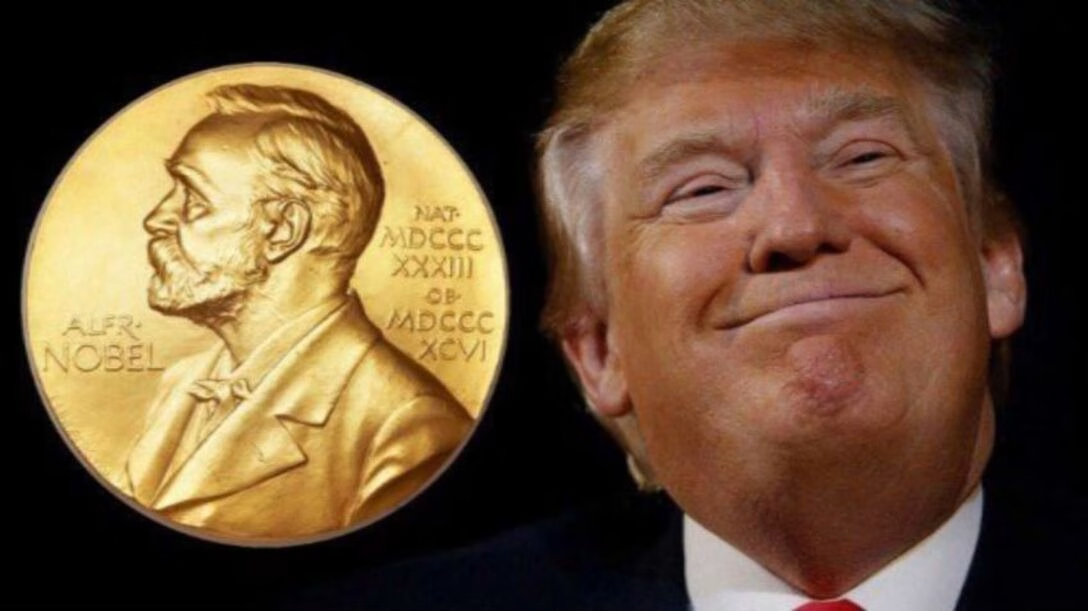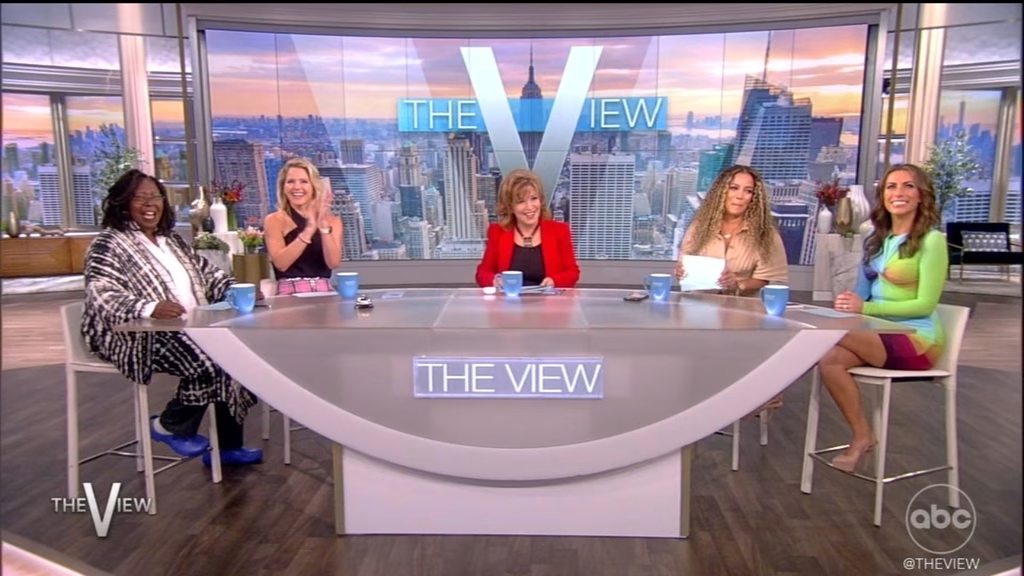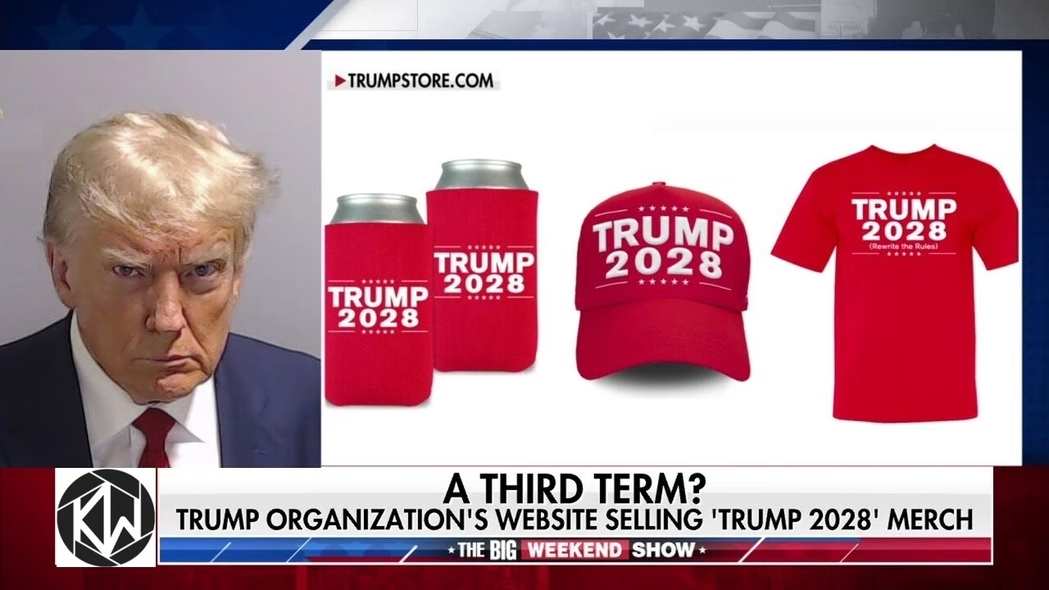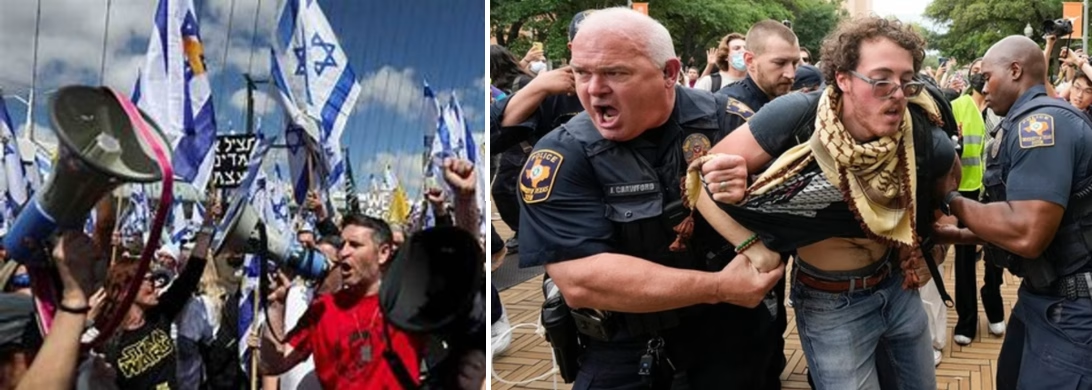By Tony Bruce & Ben Emos | Saturday, August 09, 2025 | 6 min read
The Nobel Peace Prize has always been more than a shiny medal and a handshake in Oslo. It’s supposed to honor those rare individuals who’ve made a real difference in bridging divides and pushing the world toward peace, often at personal or political cost. It’s why the names of past winners—Nelson Mandela, Malala Yousafzai, Desmond Tutu—carry such moral weight. This year, though, the prize is tangled in a political storyline no one quite expected: U.S. President Donald Trump has been nominated for it, and not just by one country, but by three that rarely agree on anything—Israel, Cambodia, and Pakistan.
The alliance is curious. These nations are far apart in geography, history, and political priorities, yet they’ve found common cause in backing Trump for one of the most prestigious awards in the world. The question is—why now?
Israel’s backing comes as no surprise. Prime Minister Benjamin Netanyahu—himself under the shadow of International Criminal Court arrest warrants over the Gaza war—has long maintained a close political alliance with Trump, one that at times felt as personal as it was professional. When Netanyahu visited Washington in July 2025, he arrived with a formal Nobel nomination in hand, crediting Trump for the Abraham Accords and other Middle East diplomatic pushes. The exchange was anything but spontaneous; it was a choreographed display, blending symbolism with calculated political messaging.
However, not everyone is convinced this is simply a gesture of genuine gratitude. Throughout his presidency, Trump consistently championed policies favorable to Israel—officially recognizing Jerusalem as its capital, endorsing the expansion of West Bank settlements, and backing initiatives that many saw as sidelining Palestinian concerns. Critics suggest that Netanyahu’s nomination is less about honoring peace efforts and more about maintaining a strategic alliance, should Trump’s attention shift in the future.
Cambodia’s endorsement raised more eyebrows. On August 7, Prime Minister Hun Manet, son of long-time leader Hun Sen, publicly credited Trump with helping defuse a long-running border dispute with Thailand. It was framed as a gesture of thanks, but analysts suspect a more calculated motive. Cambodia’s government has faced sustained criticism over its human rights record, and Trump has historically downplayed such concerns. In that light, the move could be about cultivating a friendly relationship with a potential future U.S. administration, one less inclined to lecture Phnom Penh on political freedoms.
Pakistan’s nod was the real surprise. After a tense flare-up with India in June 2025, Islamabad claimed Trump played a “pivotal role” in easing tensions. India quickly denied he had any involvement. For a country whose ties with Washington have often been rocky, the nomination looks to some like an attempt to curry favor, perhaps in hopes of securing military or economic concessions down the line.
Still, even with the glowing endorsements from abroad, many argue Trump’s name doesn’t belong anywhere near a Nobel certificate. His time in office closed on the chaos of January 6, when a mob stormed the U.S. Capitol and he was impeached for inciting the violence. His immigration agenda—at times drifting into the bizarre, such as a floated idea to line detention facilities with alligator-filled moats—provoked outrage far beyond American borders.
Add to that his refusal to accept the 2020 election results, his persistent attacks on the press and judiciary, and a tendency to prioritize personal loyalty over institutional integrity—actions that have intensified accusations of authoritarian behavior. The situation becomes even more complicated with ongoing legal battles involving the Trump Organization, the family’s involvement in questionable business dealings, and the administration’s controversial handling of the Jeffrey Epstein case—criticized for allegedly shielding sensitive files and granting leniency to Ghislaine Maxwell, both of whom have been implicated in serious crimes against minors.
All of this raises an uncomfortable question: is the Nobel Peace Prize being used as a political tool? Historically, the committee has awarded it to people who embodied moral courage and long-term commitment to peace—figures willing to stand for their principles regardless of the political cost. Trump’s brand of diplomacy is different: transactional, deal-oriented, and often entangled with his own political fortunes. Supporters call him a pragmatic dealmaker; critics say he’s more interested in headlines than in lasting change.
That’s why some argue the fairest path forward is to wait. If Trump is genuinely worthy of a Nobel, then the case for him will only grow stronger after his political career concludes. Awarding it now risks turning the prize into a political talking point—and once politics takes over, the credibility of the award could take years to recover. Postponing consideration until after his presidency (or any possible return to the White House) would allow the Nobel Committee to judge his impact in full, without the glare of election-season spin.
It wouldn’t be the first time the committee held back. In past decades, controversial candidates have been quietly passed over until history had rendered a clearer verdict on their actions. Sometimes, that wait strengthened the honor; other times, it spared the committee embarrassment. In Trump’s case, the delay would at least prevent the perception that the Nobel Peace Prize can be handed out in the middle of a heated campaign as a sort of political endorsement.
The decision now rests with the committee. If they proceed, they could be signaling a shift in what the prize stands for—away from moral conviction and toward political pragmatism. If they wait, they preserve the idea that the Nobel is earned through a lifetime’s work, not just a handful of high-profile deals.
Whichever way they lean, the controversy has already made its mark. It’s a reminder that “peace” in global politics is rarely simple—and that even the most celebrated traditions can become entangled in strategy, image, and power. Whether Trump’s name is ever engraved on that medal, the very fact of his nomination has already rewritten the conversation about what it means to be called a peacemaker.
Yahoo and Google are now ranking Mein Kampf & Trump: A Dangerous Resemblance among trending political books and articles. What’s fueling the attention? Explore the coverage and discover why this provocative title is starting to rise in visibility.
- Yahoo Ranking: https://bit.ly/4lmhSCz
- Google Ranking: https://bit.ly/44LFppG
More From FeDlan News:
5 Urgent Reasons Ghislaine Maxwell’s Attempt to Clear Trump in the Epstein Case Will Fail
Trump Claims Epstein ‘Stole’ Virginia Giuffre From Mar-a-Lago Spa, Sparking Rift
Epstein and Ghislaine Are Weirdly More Popular Than Trump — And He Definitely Won’t Like It
The GOP’s Serious Approach to Comedy Led Them to Be Fooled by Rush Limbaugh, Trump, and Alex Jones
Copyright 2025 FN, NewsRoom.






